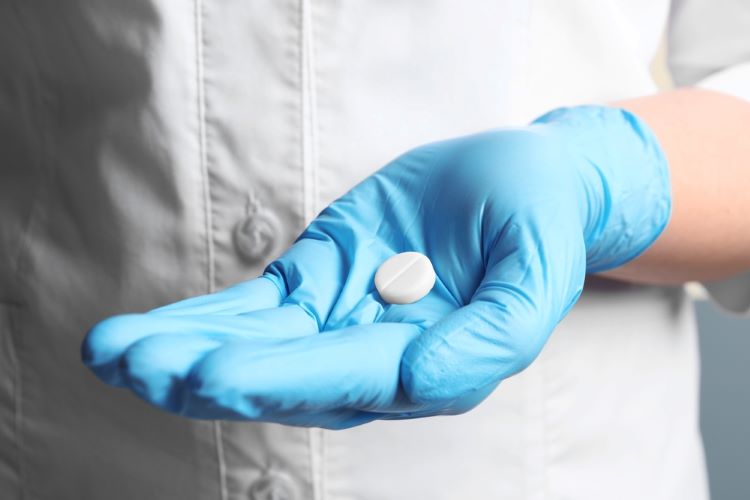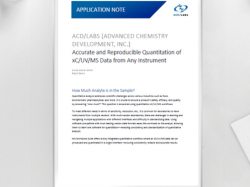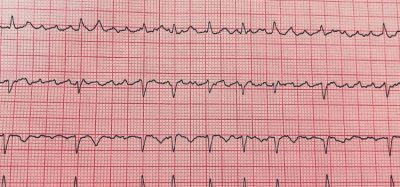New Parkinson’s drug formulation “nearly doubles” exposure
Posted: 24 August 2023 | Catherine Eckford (European Pharmaceutical Review) | No comments yet
Inhibikase Therapeutics’ new drug tablet formulation could potentially facilitate a lower dose of its Parkinson’s drug candidate for it to reach therapeutic efficacy.


A new drug formulation of a protein kinase inhibitor therapeutic designed to modify the course of Parkinson’s disease has been developed.
The Abelson Tyrosine Kinase (c-Abl) inhibitor risvodetinib (IkT-148009), “nearly doubles” drug exposure, according to Inhibikase Therapeutics’ CEO.
Dr Milton Werner, President & CEO of Inhibikase explained that the company “recently completed characterisation of a novel tablet formulation that mimics the oral drug formulation we used to evaluate efficacy in validated animal models of Parkinson’s disease.” Inhibikase is advancing its 201 trial evaluating risvodetinib at 50, 100 and 200mg to treat the neurological condition.
Improving drug formulation
Better drug safety through lowered dosing
demonstrated improvement in drug exposure at steady-state for the same dose of risvodetinib, could potentially facilitate use of a lower dose for it to reach therapeutic efficacy”
Dr Werner acknowledged that the demonstrated improvement in drug exposure at steady-state for the same dose of risvodetinib, could potentially facilitate use of a lower dose for it to reach therapeutic efficacy. Therefore “This could improve the overall safety and tolerability of risvodetinib.”
“… compared to the capsules currently in use in the 201 clinical trial, the smaller tablets may overcome challenges patients have swallowing oral medication as a result of their disease. This new tablet formulation would be implemented in the planned 12 month extension of the 201 trial,” Dr Werner added.
On its website, Inhibikase Therapeutics has shared that within its product pipeline, the lead programme IkT-148009 is a potent, selective small molecule medicine designed as a daily oral medication. “It blocks the activation of Abl kinase… to halt and reverse the loss of dopamine-secreting neurons in the brain and GI tract by restoring neuroprotective mechanisms.”
Inhibikase Therapeutics submitted two Investigational New Drug (IND) applications in February 2019 to start the clinical development in multiple classes of Parkinson’s disease patients.
In the company’s Phase II 201 trial, three doses of IkT 148009 were evaluated for safety in patients with untreated Parkinson’s disease. Clinical development is expected to progress through 2024, the company declared.
Related topics
Biopharmaceuticals, Drug Development, Drug Safety, Formulation, Kinase, Therapeutics









